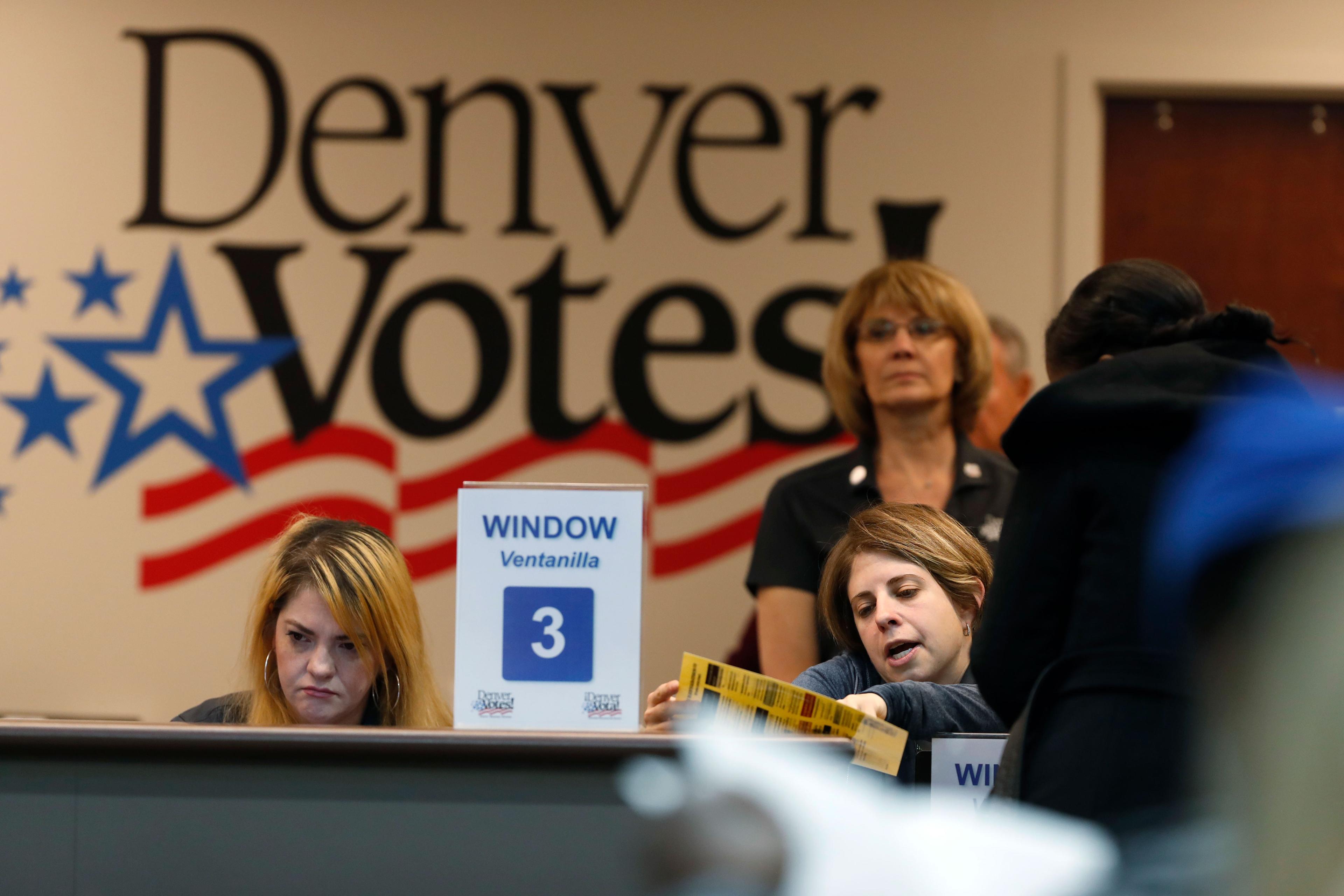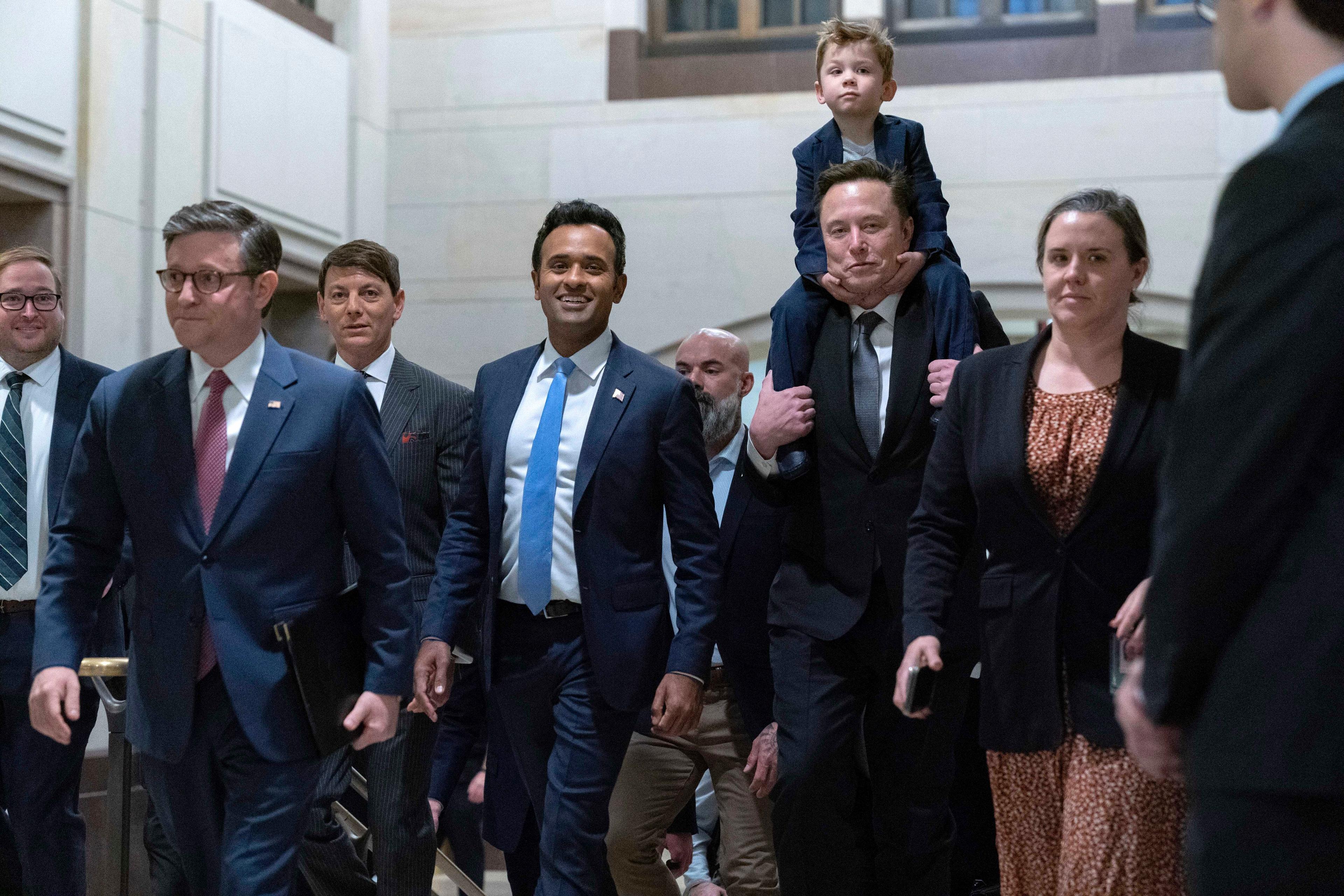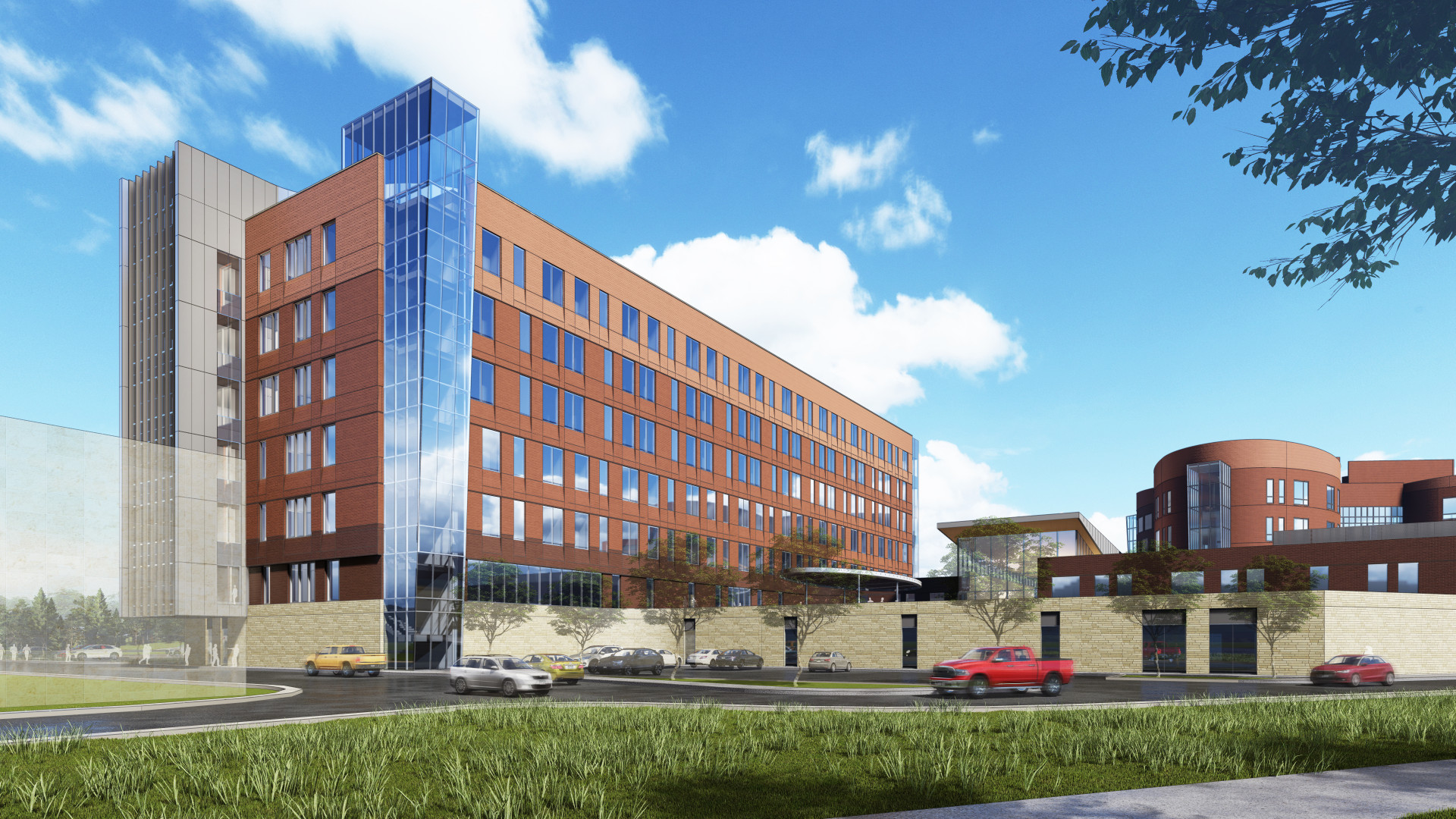

If you want to raise taxes in Colorado, success depends on how you ask. Exhibit A: Voters rejected all the statewide tax ballot measures on Election Day, but they approved some targeted, local tax increases.
The struggle to find funding for road and bridge repairs, public transit and other infrastructure projects has been a consistent state argument for years, yet both of the different approaches on this year’s statewide ballot struck out. Around 60 percent of voters rejected each of them.
“We knew it was an uphill battle from the day we started this,” said Kelly Brough, CEO of the Denver Metro Chamber of Commerce, the major organization behind one of the measures, Proposition 110.
Prop. 110 would have increased sales taxes by three-fifths of a percent to fund a variety of road, transit, pedestrian, and bike projects. Proposition 109 would have directed the Colorado Department of Transportation to issue $3.5 billion in bonds for more than 60 roadwork projects across the state.
Similarly, a statewide income tax adjustment for education failed as voters again balked at the attempt for more school money, just like in 2013.
In fact, Coloradans have only agreed to raise statewide taxes twice: for cigarettes and marijuana. The carefully orchestrated Taxpayer’s Bill of Rights has made these increases a tall order. Local taxes are another matter entirely.
The Colorado Municipal League pointed out that more than 80 cities and towns across the state made decisions on more than 150 municipal tax issues and other questions this year.
“At the local level you can talk about Main Street, you can talk about a specific bridge and people will know what you're referring to and they'll have an understanding of where the money is going,” said the league’s Sam Mamet. “You get up at the state level and it's far more difficult to do that.”
In Denver, voters approved increases to pay for parks, healthy food for children, public funding for campaigns and for mental health services. Supporters of one of the measures, Ordinance 301, said the 0.25 percent sales tax will be put toward services for mental health issues, suicide prevention and substance abuse. Nearly 68 percent of Denver voters supported 301.
"To see that people see us as more than just addicts, to know that people see us as humans who want help and need help as well … I didn't think people cared that much,” said Eric Bowers, who is in recovery for addiction and a volunteer for the 301 campaign.
Denver voters remain undecided on one proposed tax increase — to provide college scholarships for poor students. Ballots are still being counted and the race is too close to call.
Grand Junction voters backed doubling the city's lodging tax to 6 percent to pay for more tourism promotion and marketing according to Tuesday night's unofficial election results. The Daily Sentinel reported some of the money will be used to offer incentives for additional airline flights.
In Snowmass Village, an overwhelming number of voters backed a 5 percent sales tax on retail marijuana. The Aspen Daily News said it will fund general municipal expenses, rather than be set aside for a specific purpose.
Steamboat Springs voters split on their two tax questions. A sales and use tax for public education was extended, while a new sales tax to support airlines flying into the region lost.
Meanwhile, the Coloradoan reported Larimer County voters approved a 0.25 percent sales tax increase to pay for mental health services, including a new facility on county-owned property.
Historically, the Municipal League said that cities and towns have passed the majority of their TABOR-related questions with a 61 percent approval rate — a much higher batting average than the state. Municipalities have also have a 69 percent approval rate on debt questions and an 86 percent rate on revenue retention questions since voter approval was first required in 1993.
Election Day 2018 followed in line with those trends: 56 percent of local tax questions were approved; 78 percent of debt questions and 86 percent of revenue retention questions.
The Associate Press and CPR’s Natalia Navarro, John Daley, Grace Hood and Jim Hill contributed to this report.
Editor's Note: This story was updated to correct the status of Denver's Initiative 300. The ordinance was originally characterized as rejected, but ballot counts have narrowed the margin and the race remains undecided. We regret the error.








